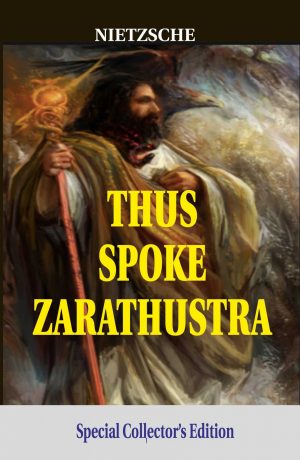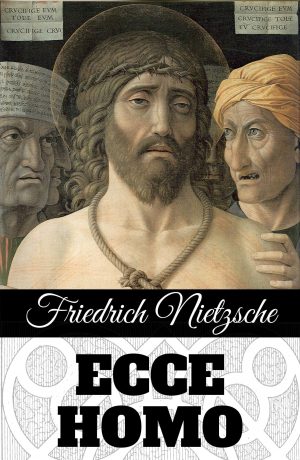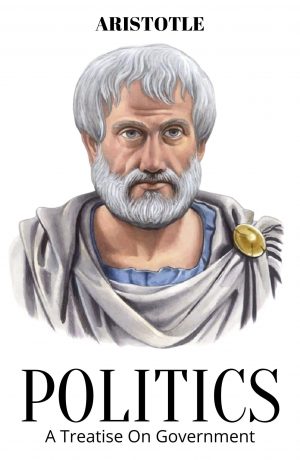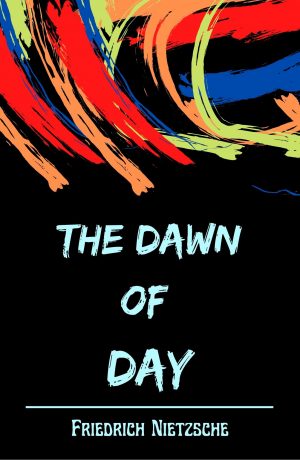Buddhism, Religion, Religion & Philosophy
Buddhist Mahayana Texts [Hardcover]by F. Max Muller
The Sanskrit text of the Buddha-Karita was published at the beginning of last year in the anecdota Oxoniesia, and the following English Translation is now included in the series of ‘ Sacred Books of the East.’ It is an early Sanskrit poem written in India on the legendary history Of Buddha and therefore contains much that is of interest to the history of Buddhism, besides its special importance as illustrating the early history of classical Sanskrit literature.
₹1,095.00 ₹1,175.00

![Buddhist Mahayana Texts [Hardcover]by F. Max Muller](https://abhishekpublications.com/wp-content/uploads/2025/01/1-8.jpg)




There are no reviews yet.